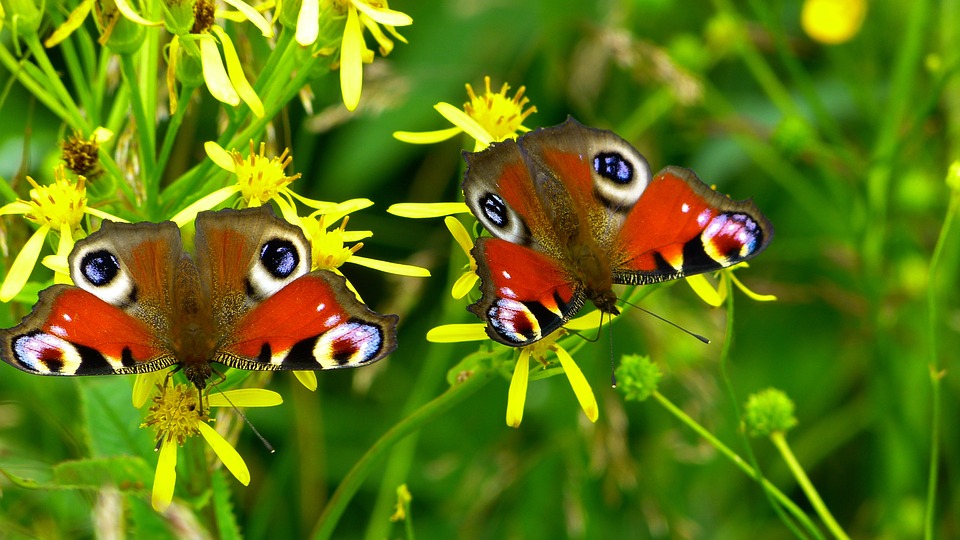Nature’s Shield: The Rise of DEET-Free Insect Repellents
As summer rolls in, so does the season of outdoor activities, picnics, and hikes. However, it also brings a not-so-welcome guest: mosquitoes. For decades, DEET (N,N-diethyl-meta-toluamide) has been the go-to solution for repelling these pesky insects, with its reputation as a highly effective insect repellent. Despite its widespread use, concerns around DEET’s potential health risks and environmental impact have prompted a significant shift towards DEET-free alternatives in recent years.
The DEET Dilemma
Though DEET has been a staple in the insect repellent market since its introduction by the U.S. Army in 1946, its chemical nature has raised eyebrows among consumers. Some studies suggest potential side effects, including skin irritation, allergic reactions, and, in rare cases, neurological issues. Additionally, environmentalists worry about DEET’s effect on waterways and wildlife, highlighting a growing demand for safer, more eco-friendly options.
As health-conscious consumers become increasingly wary of synthetic formulations, they are seeking out more natural, plant-based alternatives. The rise of DEET-free insect repellents symbolizes a broader trend towards sustainable living and wellness.
Nature’s Bounty: Exploring DEET-Free Alternatives
A variety of natural substances have emerged as effective alternatives to DEET, capitalizing on the repellent properties found in certain essential oils and botanical extracts. Here are some popular DEET-free options:
-
Oil of Lemon Eucalyptus: The Center for Disease Control and Prevention (CDC) has endorsed oil of lemon eucalyptus as a viable alternative to DEET, boasting similar efficacy. Derived from the leaves of the eucalyptus tree, this oil has been effective in repelling mosquitoes for up to six hours.
-
Citronella Oil: Citronella, derived from lemongrass, has long been a favorite for outdoor use. It’s often found in candles, sprays, and lotions. While citronella may require more frequent reapplication, its pleasant scent and natural origins make it an appealing option for many.
-
Lavender Oil: Aside from its soothing fragrance, lavender oil is also known for its insect-repelling properties. It’s especially popular among families with children due to its calming effects and lower risk of irritation.
-
Soybean Oil: Some studies have shown soybean oil to be an effective mosquito repellent, with protection lasting up to 95 minutes. Its appeal lies in its plant-based formulation, making it a suitable choice for eco-friendly consumers.
- Neem Oil: Extracted from the seeds of the neem tree, this oil possesses potent insect-repelling properties. With a long history of use in traditional medicine, neem oil has gained popularity as a natural insect deterrent.
The Eco-Friendly Movement
The shift towards DEET-free insect repellents is part of a larger movement emphasizing sustainability and environmental responsibility. Many DEET-free products are packaged in biodegradable materials, and brands are increasingly transparent about their sourcing and manufacturing processes. This alignment with eco-conscious values resonates with consumers who are keen to protect not just themselves but also the planet.
Moreover, as urban gardening and natural landscaping gain prominence, the demand for safe, effective insect control methods has surged. Homeowners are looking to protect their gardens organically, leading to innovations in the marketplace.
Challenges and Considerations
While DEET-free repellents show promise, it’s important to recognize their limitations. Many natural repellents, though effective, may require more frequent reapplication and can vary in effectiveness against different insect species. Consumers should be aware of these differences and consider their outdoor activities when choosing the right product.
Furthermore, the burgeoning market of DEET-free insect repellents is not without its challenges. The rapid rise in popularity has led to an influx of products, making it essential for consumers to research and select reputable brands that prioritize quality and efficacy.
Conclusion
The rise of DEET-free insect repellents reflects a cultural movement towards health and environmental consciousness. As consumers increasingly prioritize natural and sustainable products, the market will likely continue to innovate, providing safe and effective solutions to life’s little nuisances. This evolution in insect repellents is not just about keeping mosquitoes at bay; it’s a testament to our ability to adapt, creating a protective shield that honors both human health and the natural world. So, as you gear up for your next outdoor adventure, consider reaching for one of nature’s shields—after all, the best defense against pests might just be nature itself.
